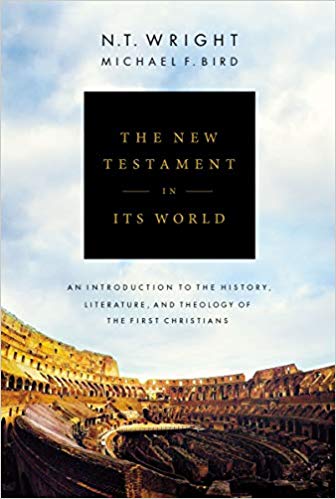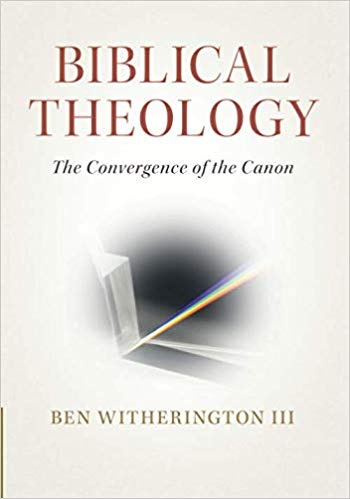Can you decline the decline And still keep learning? Is aging ‘maturing’ Or just fantasy’s yearning? Do you mind when your mind Keeps on wandering? Or is that exploring, Not really time squandering? What about senior moments When you know that you know it, But the recall is stalled And the lapse will show it? Or you recognize a face But you can’t place the name You stall and stutter And you blush from the shame? Or your running has... Read more














